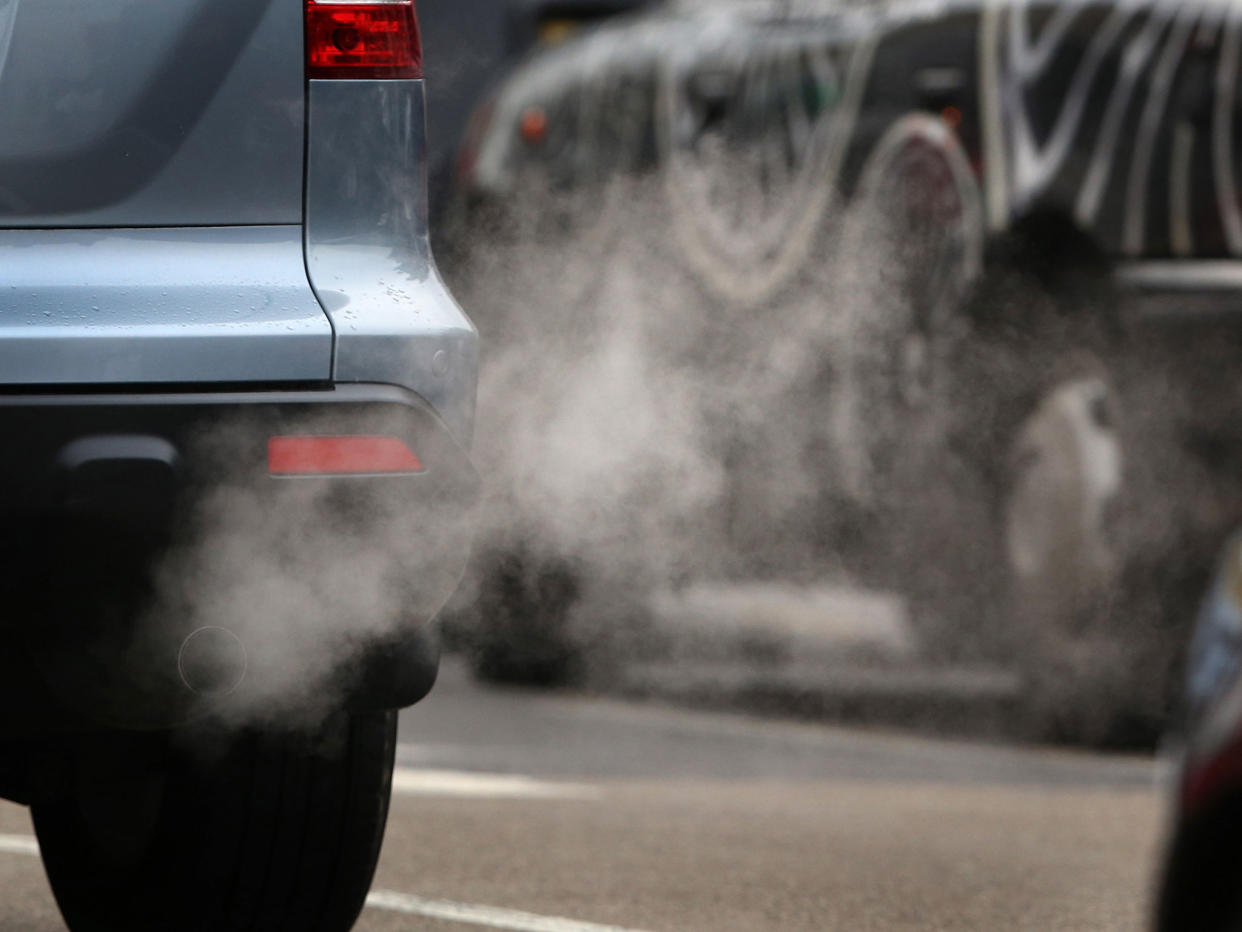EU states trying to 'rig new greenhouse gas law with loopholes', new report claims

Just three out of the 28 European Union countries appear to be in favour of creating a tough new law that would set binding targets to reduce greenhouse gas emissions, according to a new analysis.
Sweden was the sole member state whose attitude towards a key piece of proposed EU legislation was rated as “good”, in a ranking was developed by Carbon Market Watch and the European Federation for Transport and Environment.
Germany and France’s stances were only described as “moderate”, but this was enough to claim second and third place.
Most countries were seeking to “rig the law with loopholes”, one analyst who worked on the ranking said.

The fifth-placed UK’s attitude was rated as “insufficient” while the lowest ranked countries, all considered “very poor”, were Poland, Spain, Italy, Romania, Czech Republic, Croatia, Latvia and Lithuania.
The UK Government has been stalling on producing its own plan to reduce emissions as legally required by the 2008 Climate Change Act and is facing potential legal action as a result.
The new EU Climate Leader Board was compiled by awarding points to countries which back strengthening the “Effort Sharing Regulation”, a proposed law which is currently being negotiated.
This should set binding emission reduction targets for transport, buildings, agriculture and waste, covering about 60 per cent of the greenhouse gases produced by the EU.
The ranking suggested few politicians were interested in taking a tough stance on the issue.
Femke de Jong, the EU policy director at Carbon Market Watch, said: “EU politicians portraying themselves as climate leaders should put their money where their mouth is by closing loopholes in the EU’s key climate law and pushing for more ambition.
“Only with determined climate action will lawmakers ensure that European citizens can enjoy the significant benefits of a decarbonised society, such as clean air.”
And Carlos Calvo Ambel, an analyst at the Transport & Environment federation, said: “This is the most important climate law that will enable Europe to deliver on the Paris Agreement.
“But the great majority of countries want to rig the law with loopholes so they can continue business as usual.
“Either Europe follows the lead of Sweden, Germany and France, which are going in the right direction though not far enough, or we should forget about our climate leadership.”
The ranking was based on statements made by government ministers, papers sent to the European Council’s Working Party on Environment and policy positions laid out in public documents.
After talks between member states, the European Parliament will discuss the Effort Sharing Regulation, which is expected to become law by the end of this year.
The Department for Business, Energy and Industrial Strategy, which is responsible for climate change after Theresa May abolished the dedicated department, said: “The UK is an international leader in tackling climate change and played a major role when the world came together in Paris to reach the ambitious deal to reduce global carbon dioxide emissions.
"Under the UK Climate Change Act, we set our own ambitious target of at least 80 per cent emissions reduction by 2050 and have already made good progress with emissions 38 per cent lower today than in 1990.”
According to the 2017 Climate Action Performance Index, the UK is the third best performing country in the world after France and Sweden.


